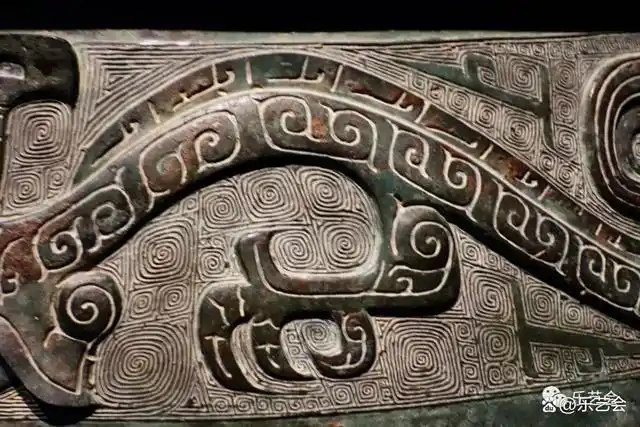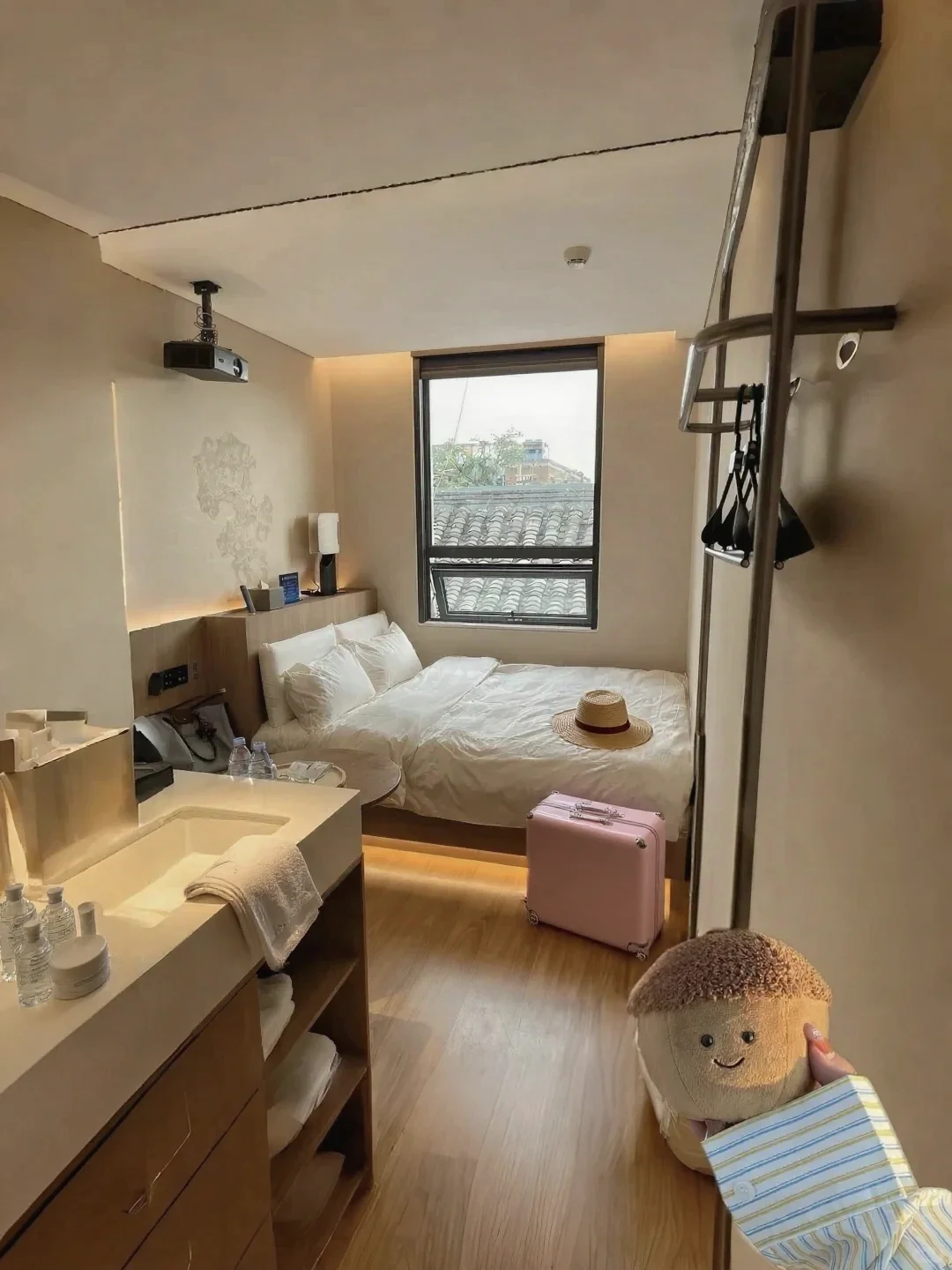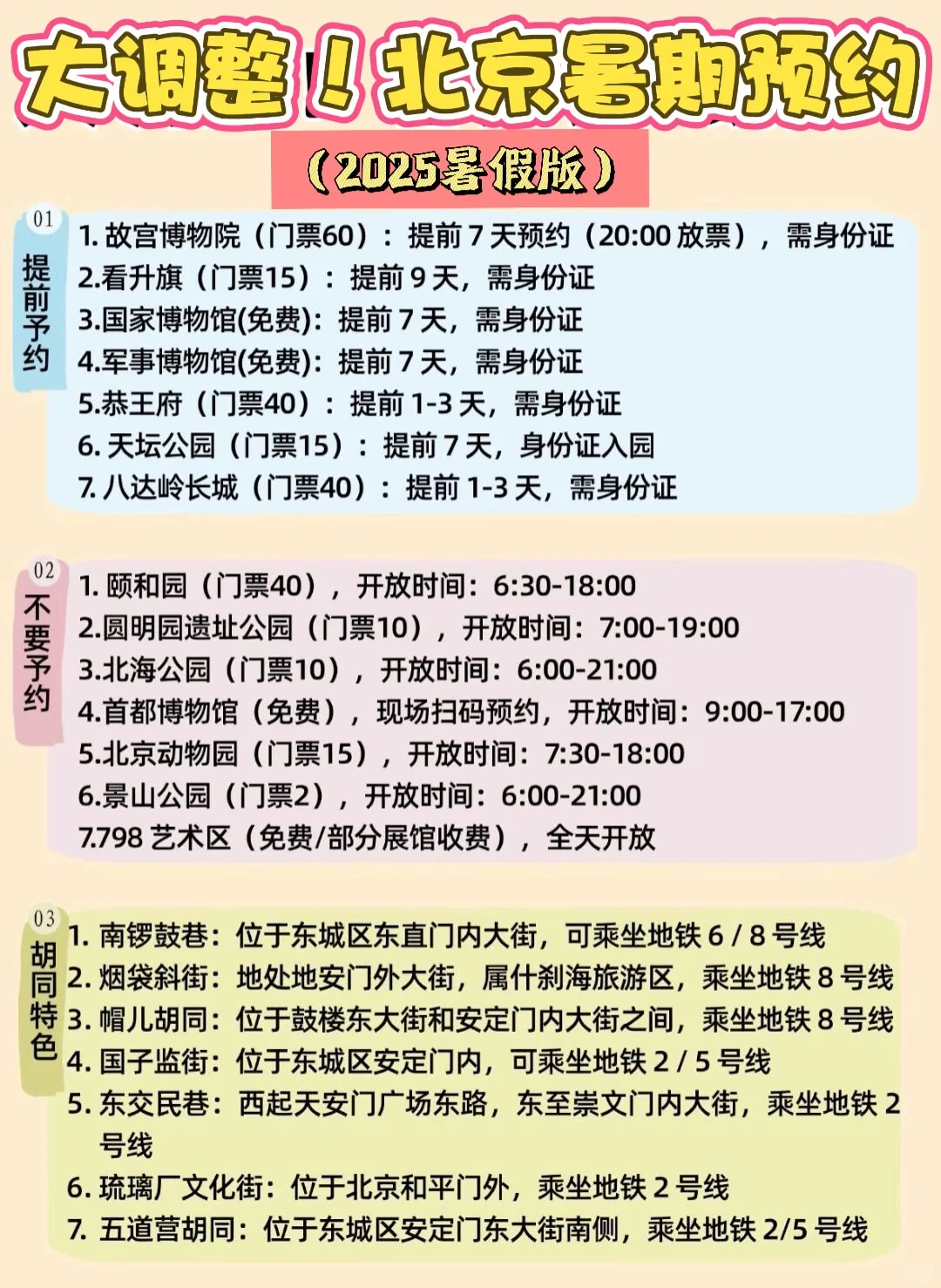In English, when someone says “my treat”, it’s a warm and generous way of saying “I’ll pay for this meal (or item) for you.” But have you ever wondered how this phrase is used — or understood — in other cultures, especially in China? In Chinese dining culture, treating others to a meal is not only common but also rooted in deep traditions of respect, hospitality, and social connection.
In China, saying “my treat” is far more than just paying the bill. It’s often an act of friendship, showing status, gratitude, or celebrating a special occasion. The expression carries emotional and social weight, especially when shared around a meal — which is considered one of the most important bonding activities in Chinese culture.
🧠 Did You Know? In Chinese, “my treat” is commonly said as: 我请客 (wǒ qǐng kè) or “这顿我请 (zhè dùn wǒ qǐng)” — literally meaning “I invite (and pay for) this meal.”
China is huge — and expressions change by region. While the meaning remains the same, the way people say “my treat” and the etiquette around it varies.
People from the Northeast are famously direct and bold. If you’re eating with a Northeasterner and they want to treat, you might hear something like:
“这顿饭我请客,谁都别跟我抢!”
(This meal is on me — nobody fight me on this!)
It’s all about being straightforward and showing a sense of loyalty and pride in treating friends. Trying to argue or split the bill? That might offend them!
Southerners tend to be a bit more subtle or polite. You might hear:
“今天我来安排。” (Let me handle it today.)
“下次你请啊~” (You treat next time!)
Southern etiquette often includes “bill grabbing” — friends trying to pay first to show goodwill. It’s a bit of a playful dance, but the intention is sincere.
Here are some handy phrases if you’re dining in China and want to express generosity:
With mobile payment apps like WeChat and Alipay dominating in China, meals are often ordered and paid through table QR codes. If you want to treat someone:
Want to dive deeper into how hospitality works in Chinese culture? Here’s a great reference from the China Educational Tours website. They explain etiquette from chopstick rules to who sits where at the table.
Whether you’re in the bustling streets of Beijing or a quiet tea house in Suzhou, saying “my treat” in China reflects your care, generosity, and cultural understanding. It’s more than just picking up the tab — it’s part of a long tradition of connection through food.
So next time you’re in China, don’t hesitate to say: “我请客!”
Keywords Covered: my treat meaning, Chinese dining culture, how to say my treat in Chinese, paying for others in China, hospitality traditions, regional language differences, QR code restaurant ordering, WeChat pay, Alipay, treat friends in China.







Explore the Real China.
Top Destination
Information